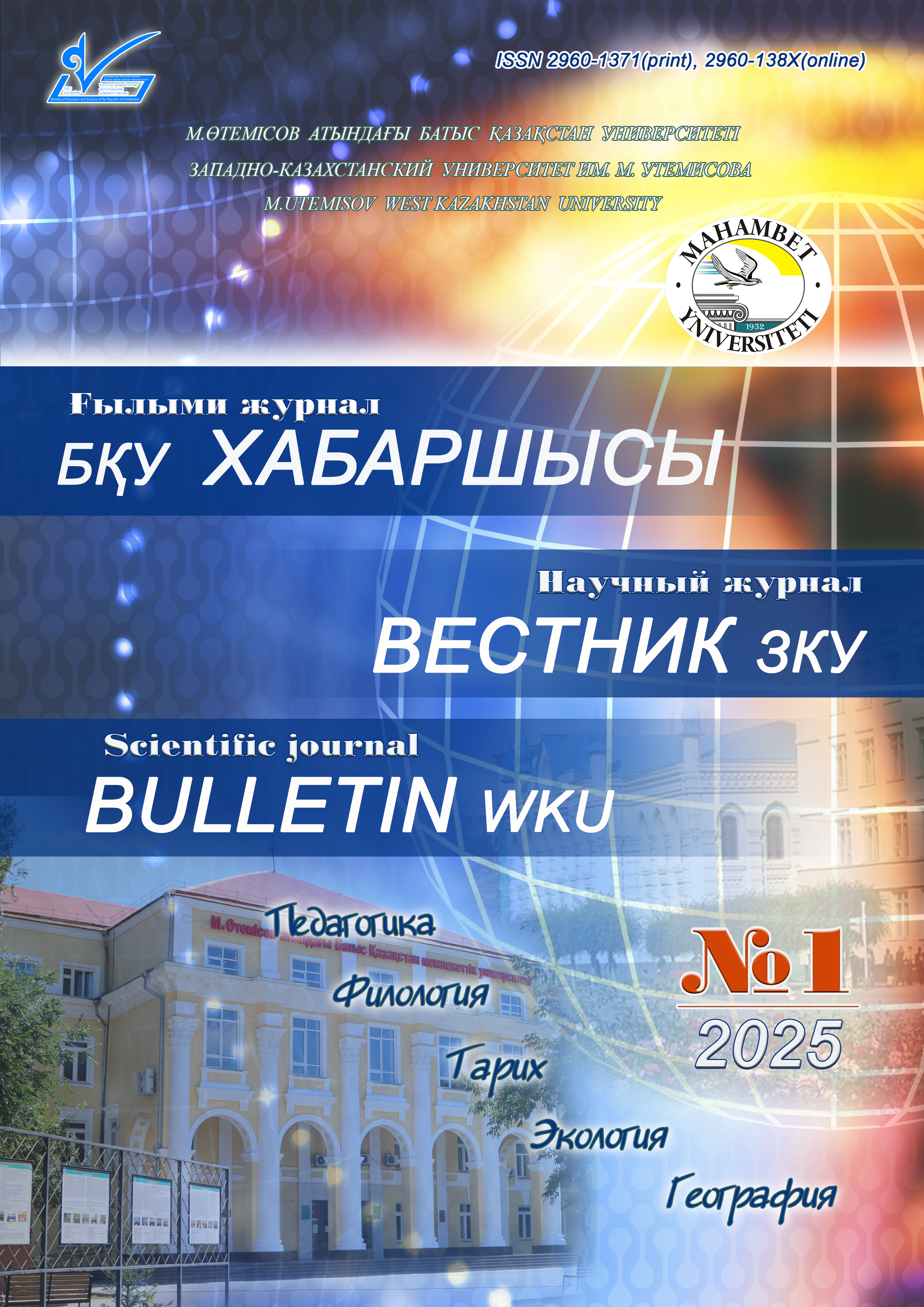LIMITING THE ANTHROPOGENIC IMPACT OF EDIBLE OIL WASTE ON THE ENVIRONMENT BY USING IT AS OLEOCHEMICAL RAW MATERIAL
Abstract
To determine the difficulties and prospects of using waste cooking oil as a secondary raw material for obtaining valuable products, there is a need for an in-depth study of the processes used in recycling, and this is a pressing issue. The article describes the negative impact of waste cooking oil on environmental components, clogging of drainage systems, and wastewater pollution with toxic substances. The possibility of using waste food oil waste as a secondary raw material in the synthesis of household chemicals and in the production of sanitary and hygienic products is described. The results of assessing the potential of waste food oils as oleochemical raw materials are presented. The results of a kinetic study of the process of obtaining sanitary and hygienic soap from food oil and fat waste are presented. The reactions of neutralization, saponification, and saponification of complex fatty acids are described. The kinetics of the rate of neutralization and saponification reactions, and the saponification reaction of complex fatty acids are calculated. The reaction rate constant, depending on temperature, was described by the Arrhenius equation. The values of activation energy and exponential factor were determined. The relevance and correctness of kinetic models were verified by comparing calculated and experimental data: the average error value was relatively within 5-10%. The results of the presented studies have potential for practical application in the production of sanitary and hygienic soap using waste edible oil, which is produced in huge quantities, as secondary raw materials.



